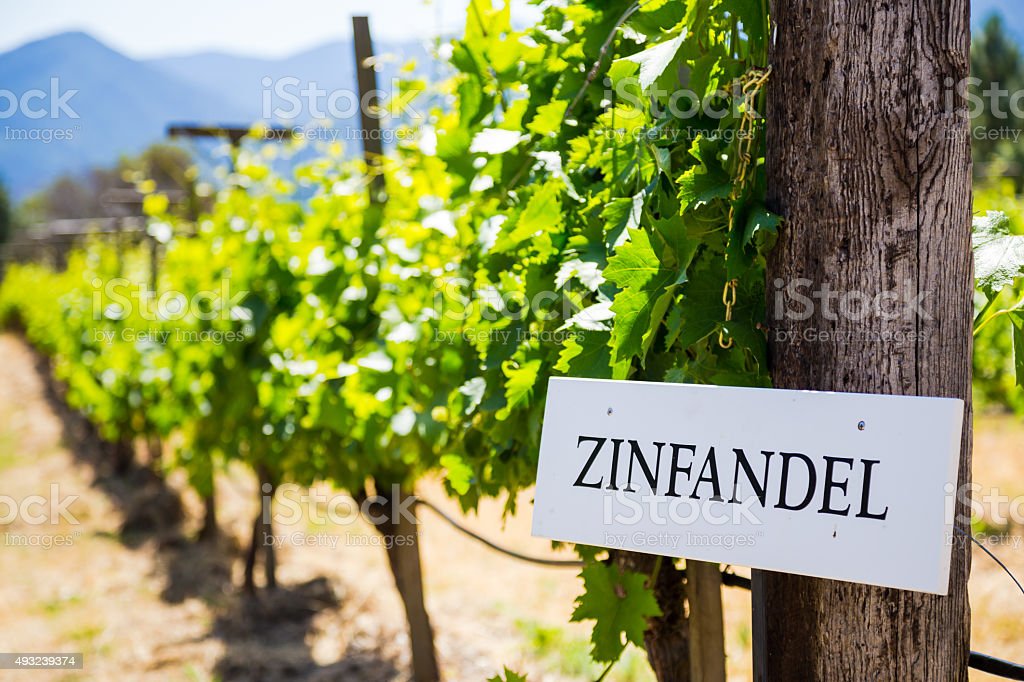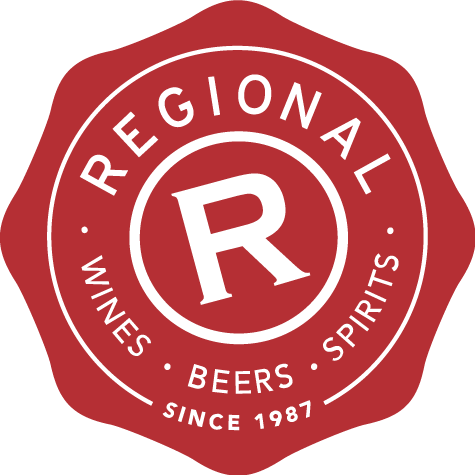
ZInfandel
More famous for The Godfather than for blood coloured red wine, Francis Ford Coppola has forged a name for both and this month we have one of his big reds on special.
The wine is the 2020 Coppola Zinfandel Diamond Collection, which usually sells for RRP $36.99 and is now on special for $33.99.
Buy here

The mysterious origins of this delicious grape were uncovered in 2002 when DNA fingerprinting confirmed that Italy’s Primitivo and the slightly trickier to pronounce, Crljenak Kastelanski, an ancient Croatian variety, are genetically identical to Zinfandel. One grape, three names and innumerable differences in winemaking styles, not to mention climate variations in these three countries. The origins of California's mystery grape have now been revealed so is there another key difference between Zinfandel and Italian Primitivo? The main one is said to be differences in vine vigour and the size of grape bunches, also known as cluster size, but these factors can often be pinpointed to the growing conditions in different areas, even within the same general geographic area.
Where does the name come from?
So, what's in a name? Well, on labels in the United States, a wine made from Zinfandel grown in the States must legally be called Zinfandel where as Primitivo from Italy can only be labelled Primitivo on the labels of bottles sold in the States. The first written use of the name Zinfandel was recorded in 1832 in Boston bya nursery owner, who was advertising Zinfandel for sale.
The grape is thought to have been brought to California during the region's gold rush, which was between 1852 and 1857. Zinfandel is now the third most popular wine grape variety in California in terms of the overall area planted with this grape, which is grown in all of California’s 58 counties.
And the taste?
Zinfandel is a big bold red with layers of aromas and flavours. Popular descriptions of Zinfandel include black plums, black pepper, cloves, star anise and dried green herbs. Zinfandel is also used to make pink wine, which is often so pale in colour that it is frequently referred to as White Zinfandel.
